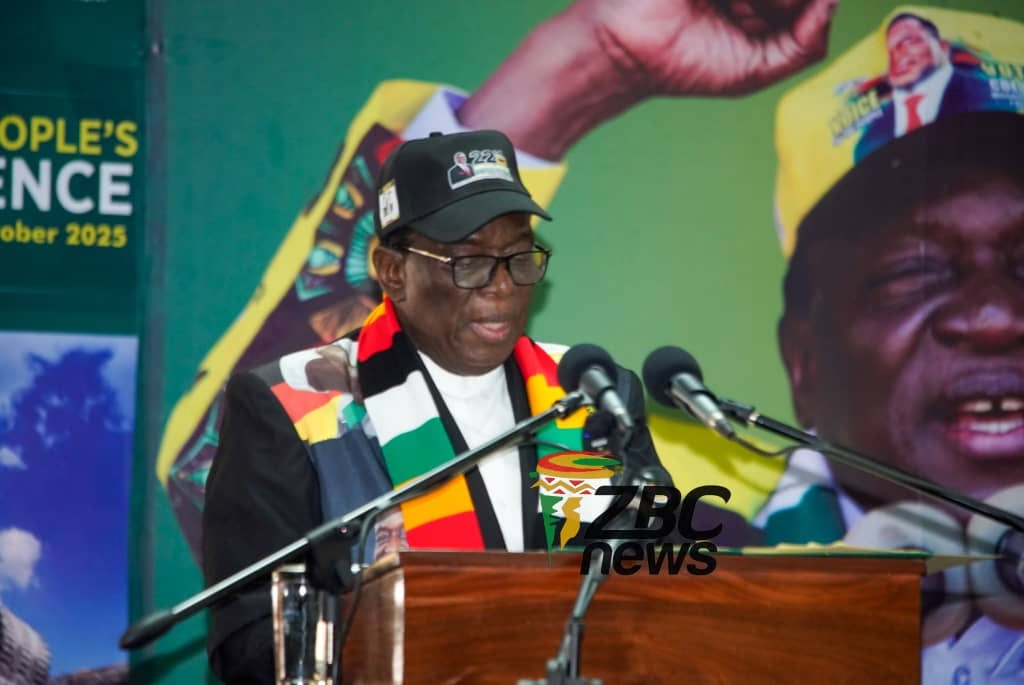Mutare, Zimbabwe — The ruling Zanu PF party has resolved to initiate steps that could see President Emmerson Mnangagwa’s stay in power extended by an additional two years a move that could keep him in office until 2030.
The proposal was formally adopted at the party’s annual conference held in Mutare, where delegates instructed the government to begin the process of amending the national constitution, according to Justice Minister and Zanu PF legal secretary Ziyambi Ziyambi.
Under the current constitution, Mnangagwa, who turns 83 this year, must step down in 2028 after completing his second and final term. Amending the constitution would therefore be required to facilitate the extension — a process that legal analysts say might also necessitate a national referendum.
Delegates reportedly broke into cheers after the resolution passed, a sign of Zanu PF’s continued consolidation of political power since independence in 1980. With its commanding parliamentary majority, the party possesses the numbers to push through such changes, though insiders have hinted that any amendment could still face a legal battle.
Mnangagwa has previously declared himself a “constitutionalist” and publicly denied any intention to overstay his term. However, party loyalists have quietly championed the idea since the disputed 2023 elections. The proposal has exposed widening divisions within Zanu PF, pitting Mnangagwa’s backers against a rival faction aligned with Vice President Constantino Chiwenga.
War veteran and outspoken Chiwenga ally Blessed Geza has used YouTube broadcasts to denounce the term extension, attracting thousands of viewers online. Despite sporadic calls for demonstrations, the heavy police presence in Harare and other urban centres has kept public protests to a minimum.
Mnangagwa notably avoided the subject during his closing remarks at the Mutare conference, while Chiwenga has remained silent on both the proposal and the ensuing public debate.
Since seizing power in 2017 following the ouster of the late Robert Mugabe, Mnangagwa has presided over a deteriorating economy characterised by runaway inflation, high unemployment, and persistent corruption allegations. Critics say Zanu PF has eroded democratic institutions, weakened the judiciary, and transformed elections into a predictable political ritual rather than a genuine contest.
Opposition figures have vowed to challenge any constitutional amendment in court.
“We will defend the constitution against its capture and manipulation to promote an unconstitutional, anti-people agenda,” opposition lawyer Tendai Biti wrote on X.
Meanwhile, police in Harare arrested ten elderly activists last Friday, accusing them of attempting to organise a demonstration demanding Mnangagwa’s resignation. The group — mostly in their 60s and 70s — has been charged with inciting public violence and is expected to appear in court for a bail hearing on Monday.
Earlier this year, nearly 100 young activists were also detained under similar circumstances.
The internal manoeuvring within Zanu PF signals an intensifying power struggle — with one faction pushing for Mnangagwa’s continued leadership until 2030, while another quietly rallies behind Chiwenga as the next possible successor.

For comments, Feedback and Opinions do get in touch with our editor on WhatsApp: +44 7949 297606.
